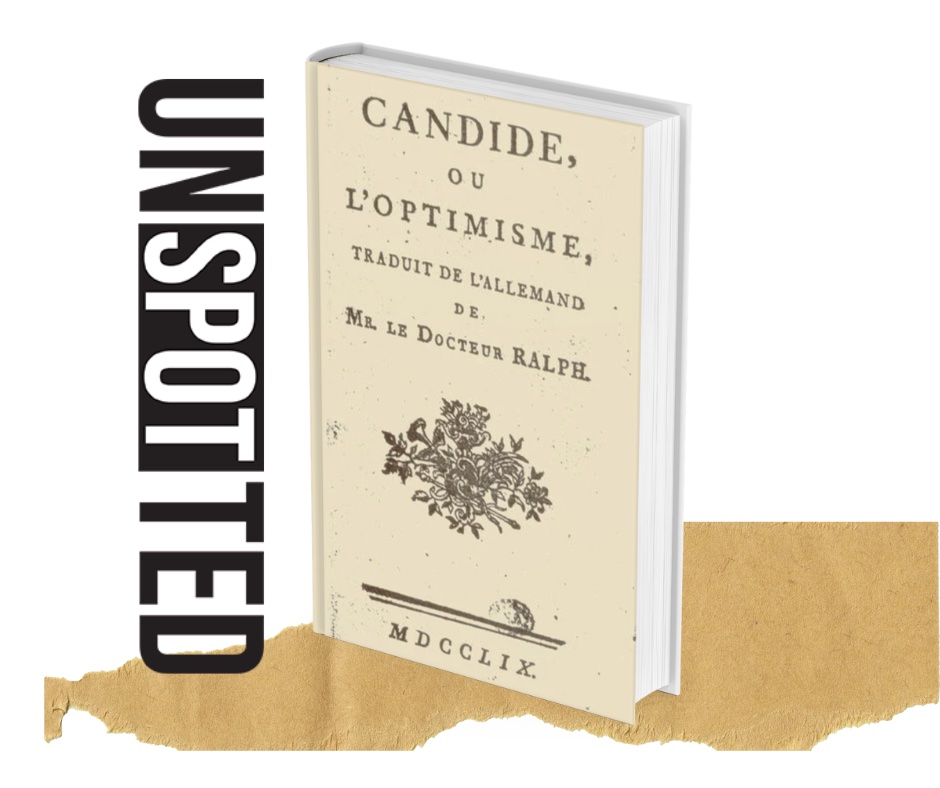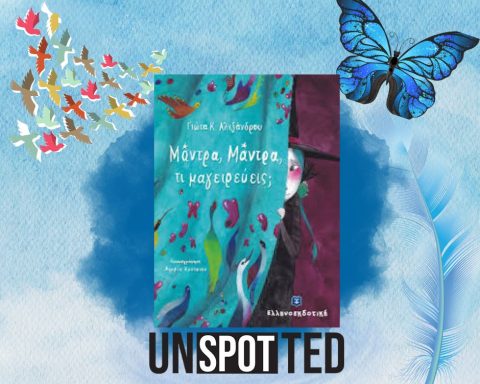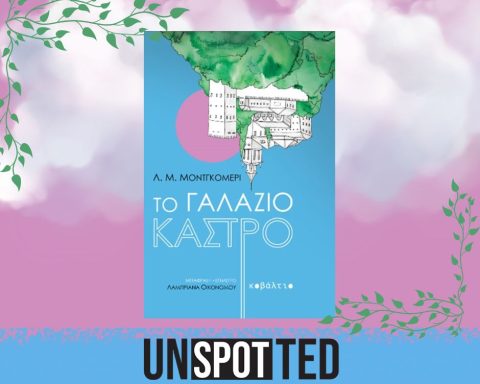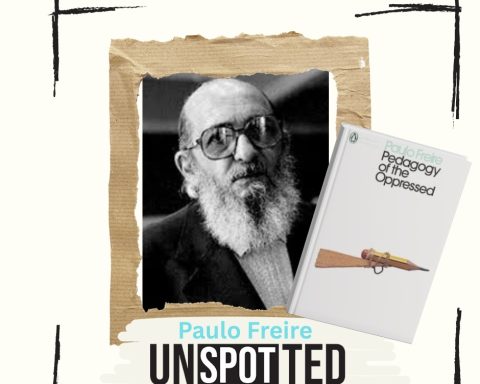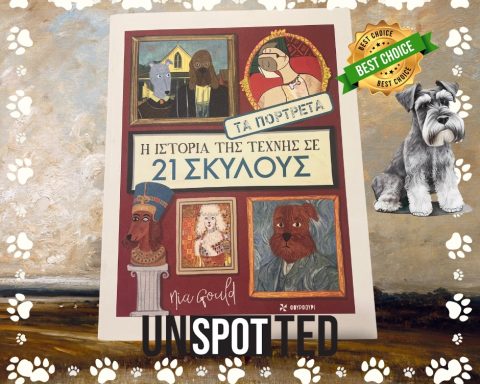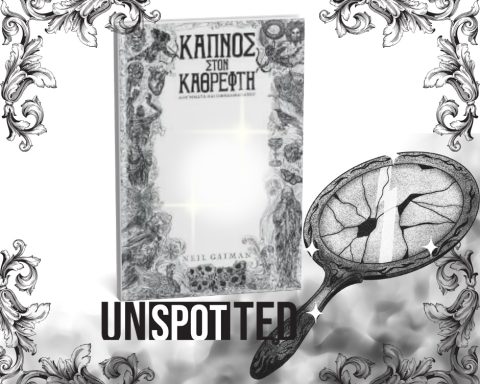Candide is indeed one of the greatest works of Western canon. Reading it was a pleasure, analysing it …a challenge.
I will start with the striking elements I found in chapter ten.
The first paragraph of chapter ten is a third person narration. The narrative voice is objective and the technique used is direct speech. This objectivity is the perfect opportunity for the writer to let the audience experience, directly, the true emotional state of the characters, as they perceive the unfortunate events. Hyperbole and ironic understatements are employed by Voltaire in order to highlight the irony, situational in this case, intended to attack the Optimism of the 18th-century.
The narrative voice is simply restricted to dramatic showing (Brown, 2016) “said Cunegonde in tears”, “said Candide with a sigh”; the dialogue itself is a piece of work. It is full of antithesis and understatements, “the Good Pangloss” . The repetition of the characters’ names which are connected to their qualities and entail connotations (Fraser, 2012,p185), the repetition of the question word “what” to highlight tension, despair and the inability to cope with problems, the caricature of the elder woman described as old and with “one buttock” -also a comical element to add to ridicule- as well as the fact that it was a Franciscan monk the one who caused the chain of these dramatic reactions, are portrayed in simple clear and short sentences which conceal the simplistic style of the author to achieve irony.
Dramatic irony is also created by the existence of both “the Inquisitor” and the “Jews”, as source of wealth, in one sentence creating oxymoron. Satire according to Fraser (2012,p176) “ridicules or mocks the failings of individual, institutions or societies”. And in this extract Satire is quite evident. Candide’s reaction when finding out he was robbed by a monk is a clear ironic understatement. His faith in Pangloss’ Optimism prevents him from thinking and reacting sensibly. Instead of exploding out of rage completely condemning what he has believed so far he tries to find excuses and arguments to back up what Pangloss had taught him by wondering why the monk was not kind enough to leave them an amount to get by; “ the things of this world are common to all men and that everyone has an equal right to them’ . Therefore, the monk had the right to steal some of their possessions but the immoral part on his behalf was that he did not leave them some of the money in order to survive the trip. Besides the themes related to religion, Voltaire is manipulating reader’s perception of the characters by making them completely naïve and complimenting, at the same time, the readers intelligence. The more absurd the facts and the arguments the more apparent to the readers is the absurdity of the philosophy of Optimism itself and more straightforward the Voltaire’s attack to the hypocrisy of the church and philosophers. (Fraser, 2012)
The authoritative intervention of the old woman amplifies the climax of desperation. Despite her physical disabilities that are portrayed in a comical way and the hardships she has endured, she becomes the character with the most practical solution to the problem, perhaps representing Voltaire’s empirical, a -posteriori (Fraser, 2012, p179) reasoning. The decisive tone is expressed through the use of imperative; “let us sell”, “we shall reach”. The use of the word “buttock” is quite comical, however, the hyperbole in combination with those comical elements make the text even more enjoyable to the reader.
In the second paragraph the absurdity continues since all their misfortunes seem to have been caused by religious officials. The imagery created here, is that somehow a Franciscan monk and a Benedict prior were at the same hostelry. The ironic statement that the prior bought the horse at a “reduced price” to take advantage of the situation, again reveals Voltaire’s intention to attack church’s hypocrisy. Franciscans, Benedicts, Jews. Inquisitors are all targets of his mockery.
What is more ridiculous is the narrator’s ironic tone on Candide’s characterization regarding his military skills through free indirect speech. The repetition of “such”, “such grace, such celerity, such bearing, such pride and dexterity” with judgmental abstract nouns, creates a paradox since, clearly, Candide, in chapter six, was not at all a brave or skilful soldier. Free indirect speech turns the narrative’s voice into the focalizer of Candide’s way of perceiving the situation, since the narrator is not present to witness the events. What it is remarkable in the author’s style is that the voice resembles that of a first-person’s features since nowhere in the book have the readers perceived Dr.Ralph as a witness (Brown, 2011). The tone is reinforced with the use of oxymoron “poor force”, and the narrator’s ironic comment “bring to their senses”. This technique turns the narrator ‘s point of view from detached-uncritical (Fraser, 2012,p184) to limited omniscient and hence unreliable (Fraser, 2012, p178) since the readers can feel the sense of mockery not only towards religion, characters and Optimism but also towards the readers themselves who through this mockery and ridicule, question their beliefs as well especially when, to reader’s surprise, the unexpected happens and Candide is praised for the skill he does not possess
The last paragraph stars with another oxymoron in the coexistence of the words “voyage” and “endless”.Pangloss’ philosophy seems to lead nowhere even in a such long voyage that probably took days. The irony again here, is that, although Candide has gone through the most absurd and catastrophic events since he left the castle, his optimism has not diminished. He stills believes in Pangloss’ words making the readers feel completely awestruck by his light headiness “No doubt it must be there that all is well. For you have to admit, there is reason to blench at some of what goes on in our world, whether physically or morally.’ “All will be well”. The narrator becomes more unreliable since the comment “poor Pangloss” reveals sympathy and an omniscient point of view. Cunegonde, as well, although she starts showing signs of disbelief, still hopes she will find the Utopia promised by Candide. Using metaphor, he associates the calmness of the sea to the quality of a country, in order to back up the optimistic and serene imagery.
The old woman’s authoritative interruption comes to trigger a competition on who has the worst misfortunes between the two women. The direct speech that follows reflects Cunegonde’s attitude towards the unfortunate events that has suffered. However, she feels completely unattached from the events and she gives the impression of a woman who is corrupted by money and addicted to the people who took advantage of her. Even in the beginning she seems to miss the “pistoles and diamonds” obtained by those who harmed her and treated her as an object in contrast to the old woman who fought and turned into a stronger person.
Internal focalization (Hurtung et al, 2016) in the introduction to the old woman’s adventures, serves as a suspense technique, as a reminder of the narrators existence and an indicator of how the narrator perceives Cunegonde’s feelings from his point of view “Cunégonde was on the verge of laughter, finding it very droll of this good creature to claim to be twice as unfortunate than herself”. The same technique has been also applied in this sentence: “This speech aroused deep curiosity in the minds of Cunégonde and Candide”. The question here is how can a third-person limited omniscient narrator have known that. This would be most suitable in a first person narration and that framing of indirect speech could possibly be one of the author’s innovative writing techniques for the sake of Satire.
REFERENCES
Barry, P. (2013). Beginning theory: An introduction to literary and cultural theory. Oxford University Press.(https://books.google.gr/books?id=SNy26bx7L5UC&pg=PA232&lpg=PA232&dq=focali&redir_esc=y#v=onepage&q&f=false)
Brown, A. (2011). Does Candide have a First or Third Person Narrator?. [Blog] The Pequod. Available at: http://thepequodblog.blogspot.gr/2011/11/does-candide-have-first-or-third-person.html [Accessed 28 Nov. 2016].
Davies, J. (2011) ‘Skills tutorial: prose’, available from https://learn2.open.ac.uk/mod/oucontent/view.php?id=539854 (Accessed 25 November 2016).
Fraser, R. (2012) ‘Voltaire, Candide, or Optimism’ in Pacheco, A. and Johnson, D. (eds) The Renaissance and Long Eighteenth Century, London, Bloomsbury Academic/Milton Keynes, The Open University, pp. 170-196.
Hartung, F., Burke, M., Hagoort, P., & Willems, R. M. (2016). Taking perspective: Personal pronouns affect experiential aspects of literary reading. PloS one, 11(5), e0154732.( Accessed Monday, 28 Nov 2016).

